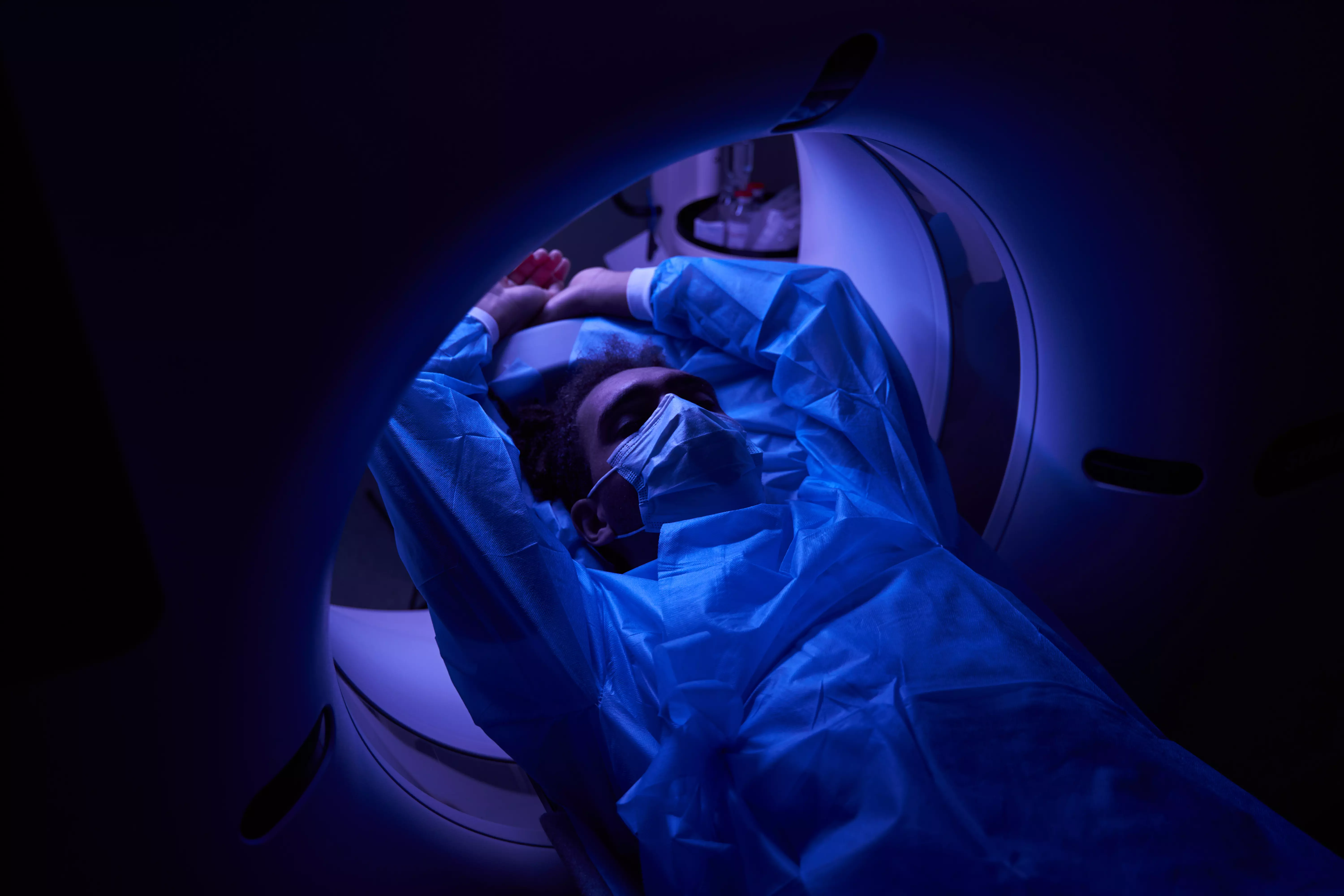 flanc.la
flanc.laLatest Discoveries in Neurosurgery
Neurosurgery, as one of the most rapidly developing fields of medicine, is constantly bringing new discoveries and innovations to improve patient outcomes and quality of life. Below we will review some of the latest discoveries in neurosurgery.
Neuronavigation and Surgical Interventions Using MRI Imaging
During neurosurgery, pinpointing the location of a pathological lesion is crucial. Neuronavigation, a technology similar to GPS, is being used to guide surgeons through the complex anatomy of the patient's brain and spine. In addition, developments in imaging technology, such as intraoperative magnetic resonance imaging (iMRI), enable surgeons to obtain real-time images of the patient during the neurosurgical procedure, allowing precise removal of tumors and minimizing damage to healthy tissue.
Developments in Minimally Invasive Neurosurgery
Minimally invasive techniques are increasingly being used in neurosurgery. Through the use of small incisions and specialized equipment such as endoscopes, doctors are able to perform operations on the brain and spine with less tissue damage. This not only reduces recovery time, but also minimizes the risk of complications.
Stereotactic and Radiation Neurosurgery
Stereotactic and radiation neurosurgery uses advanced imaging technologies to perform safe and effective brain surgery. For example, Gamma Knife and CyberKnife are techniques that allow precise delivery of radiation to a specific part of the brain without opening the skull. These techniques are often used to treat brain tumors, vascular malformations and some types of epilepsy.

Innovations in the Treatment of Parkinson's Disease and Other Neurodegenerative Diseases
Deep brain surgery (DBS) is a technique that involves implanting electrodes into specific areas of the brain for electrical stimulation. This technique is now widely used to treat Parkinson's disease, and research suggests it may also be effective in treating other neurodegenerative diseases and psychiatric disorders.
Summary
Recent discoveries in neurosurgery offer great hope for the future of treating complex brain and spine diseases. Continuous technological advances are aimed at improving treatment outcomes, enhancing patient safety and improving quality of life. Through constant research, neurosurgery continues to move forward, striving to better understand the brain and discover new treatments.
!